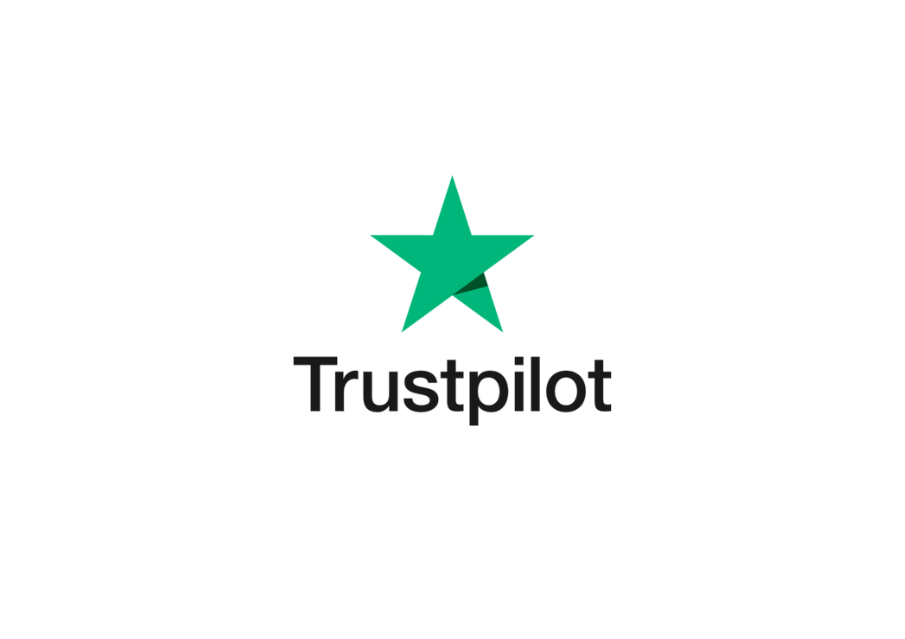
VAT Return and Reclaim

Whether you are a UK-based or overseas business conducting business in the UK, VAT registration and payment may be required.
Understanding input tax deductions and VAT refunds is crucial for effective financial management.
Learn more: VAT Registration and Filing
Service Process

01.
Free consultation
Our team will provide one-on-one advisory services to determine the required services.
02.
Engagement agreement
Upon confirmation of the signed service agreement and receipt of payment, a dedicated accountant or tax advisor will be assigned to provide one-on-one professional services.
03.
Document preparation
Collect and consolidate all materials required for the engagement, and assist you in handling correspondence with relevant institutions throughout the process.
04.
Application Tracking and Feedback
We continuously monitor the application status to ensure you receive your VAT refund.
05.
Client Service Feedback
If you have other tax filing compliance needs, we will provide you with long-term tax accounting support.
Why Choose TBA?
-
Professional Assurance: Our team includes ACA members and ACCA-certified professionals, delivering services to the highest industry standards.
-
Responsive Service: We respond to your inquiries within 24 hours, ensuring efficient communication across time zones.
-
Multilingual Support: Services available in English, Mandarin, Cantonese, Japanese, French, German, Spanish, Italian, Turkish, and more.
-
Trusted by Clients Worldwide: Consistently praised by global clients for proactive, professional, and reliable accounting and tax support.
60,000+
Satisfied Clients
16+
Years of Experience
100+
Accountants & Tax Experts
200+
Global Partners
8
Language Services

Testimonials

Google Review
"Super! I'm very happy that I work with TBA. Everything was done in a timely manner. Price is transparent and l got my answers ASAP."

Trustpilot
"They are so responsible and professional company. We are so happy to work with them. We will work again with them. We would also like to thank Ms. Kim for her support during this process.”

Google Review
"A special acknowledgment goes to Jaime, who has been an outstanding account manager, ensuring seamless communication and support throughout our collaboration.”
Success Stories
Client B: The expert tax advice from TB Accountants resulted in significant tax savings for our business.
Client A
Client E
Client C: The audit services from TB Accountants ensured our compliance with regulations and improved our financial transparency.
Client B
Client F
Client D: TB Accountants' consulting services provided us with strategic insights that boosted our business performance.
Client C
Client G